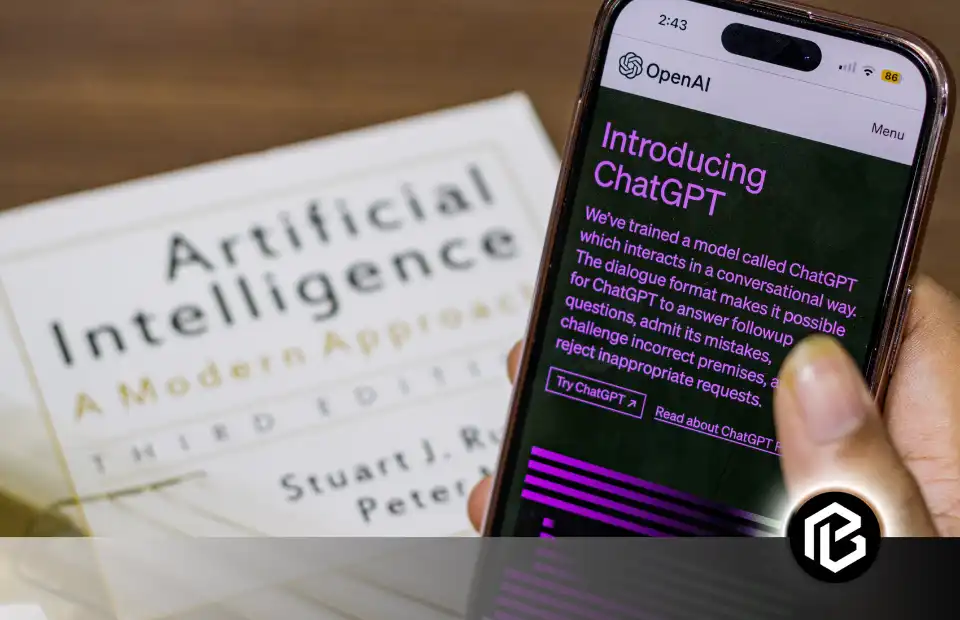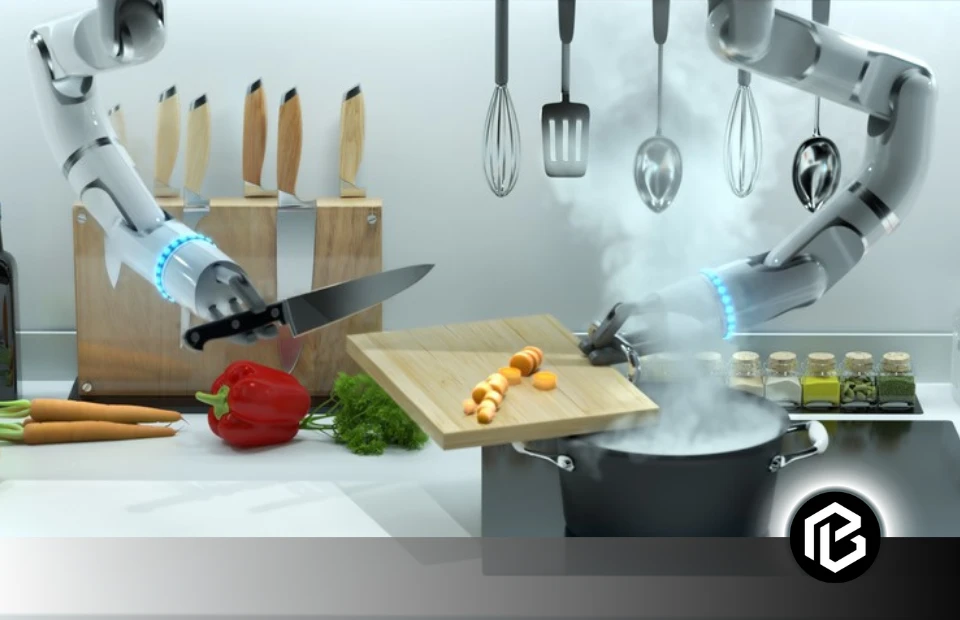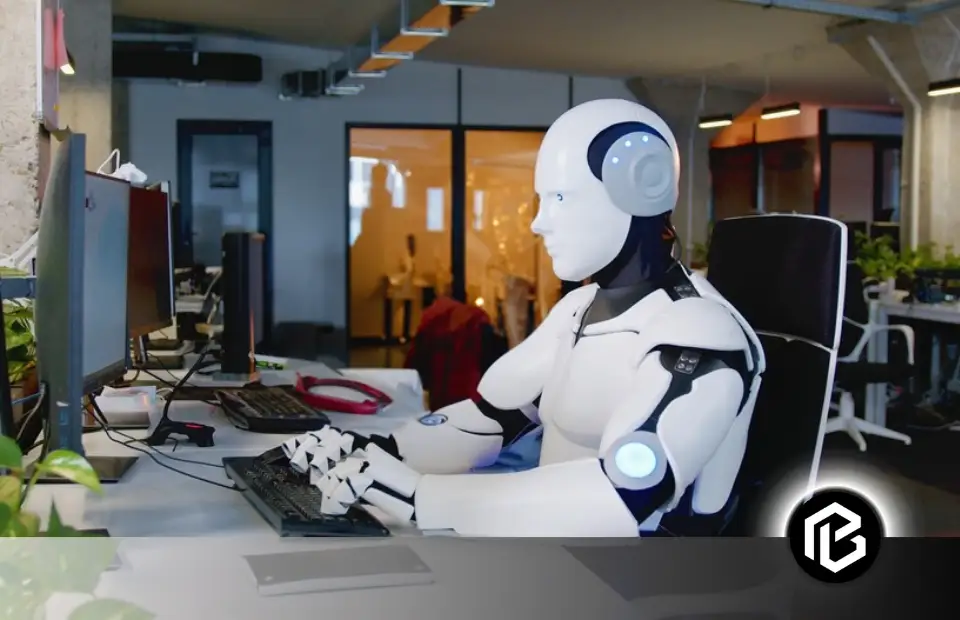In a few years, Artificial intelligence (AI) has made remarkable achievements in improving our lives. One of the most popular uses of Artificial intelligence is AI Assistance. Nowadays, having an AI Assistant has become a trend. AI virtual Assistants like Siri, Alexa, Google Assistant, Cortona and many more.
These AI virtual Assistants become an important part of our lives. These AI Assistants control all our daily tasks as well as use smart home systems, even if they give answers to every question that we ask them. They can understand our query and give us an appropriate solution to the problem. Good?! AI assistants transformed our lives completely and the way we interact with technology.
As an increasing trend of AI assistants, no doubt these AI-powered virtual assistants make our life more efficient and reliable but there are a lot of challenges and security concerns as well. These virtual assistants are completely embedded in our lives and made them digital.
These AI assistants have access to all our sensitive personal information and even our location and also control our home smart devices. Home assistant speakers are mainly transforming your smart home into an intelligent home It’s very essential for us to measure the AI Assistant Security features to protect from any unwanted problem in our life.
- AI Assistants
- Best AI Assistants
- Importance of AI Assistant Security
- How AI Assistants Enhance Security?
- Key Security Features of AI Assistant
- Protecting Personal Information
- Cybersecurity Practices
- Secure Communication Channels
- Vulnerabilities or Weaknesses
- Conclusion
- Frequently Asked Questions on AI Assistant Security Features
AI Assistants
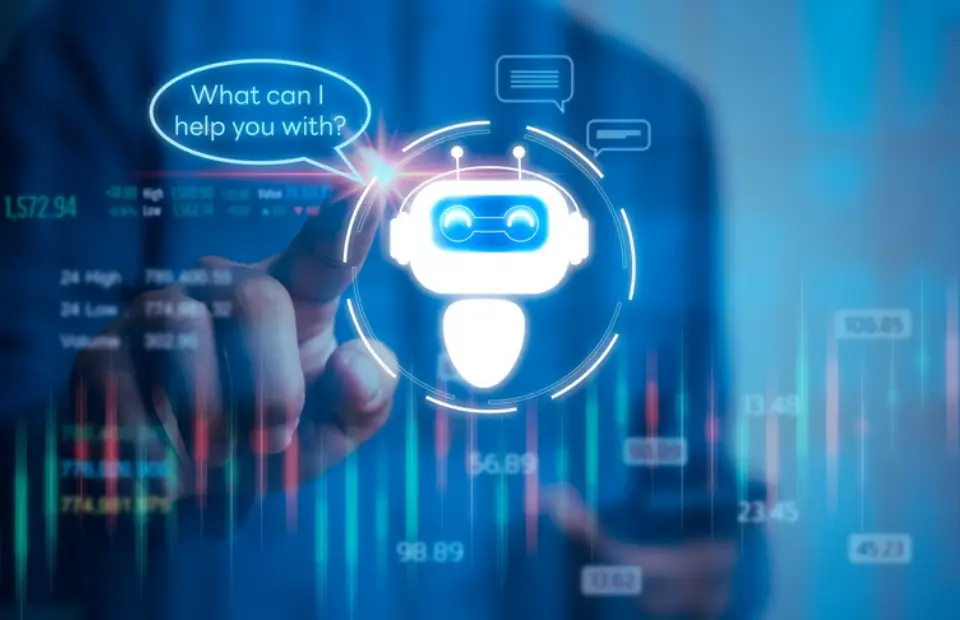
AI Assistants are software or programs that work on Artificial intelligence operations to perform different tasks. We give input commands which are understandable like voice commands or text inputs. AI Assistants work on natural language processing and machine learning algorithms to understand and respond to our queries and provide related answers to the required query.
The most popular AI assistant platforms are Alexa, Siri, Google Assistant, and Cortona. Each platform has its unique features and functionalities but they have the motive, Make User’s life more efficient and convenient.
AI Assistants work when we call them by their name like “Hey Siri”, or “Alexa”. These words work as wake words for these AI Assistants. These virtual assistants process these voice commands and use AI algorithms to execute the action. These Assistants are mostly cloud-based for accessing information and giving responses in real-time.
Best AI Assistants
The best AI Assistant that help in our daily lives are :
- Google Assistant
- Siri
- ELSA
- Cortana
- Bixby
- Braina
- Alexa
- Lyra
- Socratic
- Conversica
- Replika
- Mycroft
- Boos.ai
- Exceed.ai
- Youper
Importance of AI Assistant Security

Increasing the use of AI assistants in the digital world means we interact more and depend on these AI Assistants. Consequently, There is a need to protect our data from different cyber threats. AI assistants have all our data like sensitive personal information, such as voice recordings as well as location and other useful data. Unauthorized access to this data can be very harmful to us. This Important information can be leaked or used by data breaches, unauthorized voice commands, hacking attempts, malware infections and phishing attacks.
How AI Assistants Enhance Security?
AI Assistants have different advanced security features to protect our data from any unwanted cyber attack. AI assistants are powerful tools that use different algorithms to protect our sensitive information. To check the trustworthiness of AI Assistant let’s understand its key features.
Key Security Features of AI Assistant
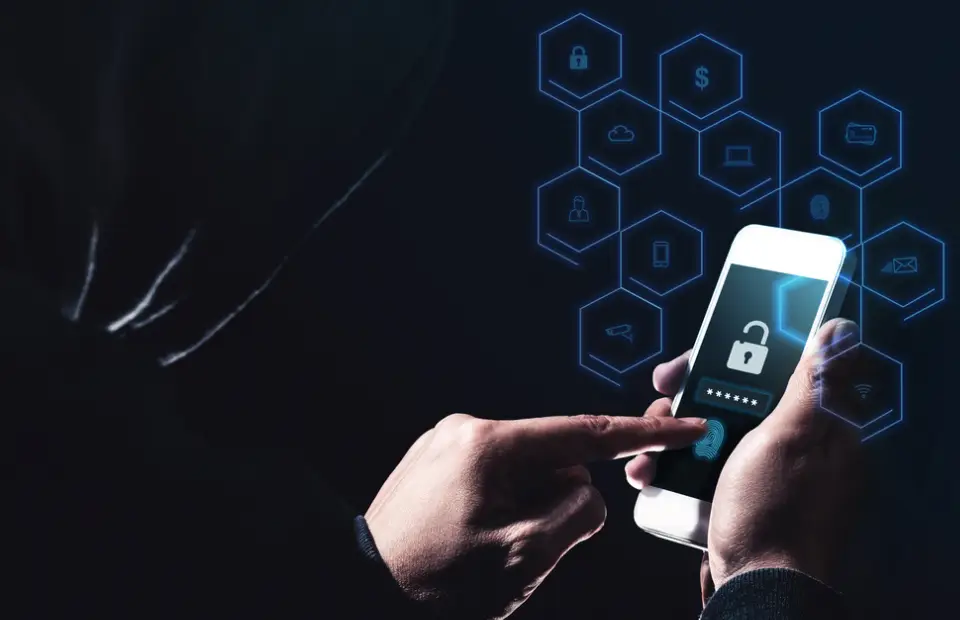
1. Data Encryption to protect data
The most fundamental security feature of AI Assistants is data encryption. The user data that is stored in the servers through AI Assistants are in encrypted form. No one reads the data even if it has access.
2. Multi-factor authentication and user verification
This security feature gives an extra layer of security by verifying the user’s identity through different security measures such as password, fingerprint and with a verification code sent to mobile.
3. User Authentication
User authentication includes recognizing user voice or other biometric data that only the AI Assistant responds only to the authorized user.
4. Voice Recognition System
Voice-recognizing systems can understand the user’s voice and save it in storage. It prevents the user’s data from other persons who want to access it by mimicking the user’s voice.
5. Update software regularly
Update software regularly is essential for better user experience and it ensures that your AI Assistant is protecting against new threads. The companies release updates from time to time to overcome emerging security issues.
6. Device Authentication
This security feature ensures that only trusted devices can communicate with AI Assistants. It enhances the security of User private data.
Protecting Personal Information
The AI assistant-making companies must have their data protection policies that are effective for user experience. Users must be aware of these policies and they must well know how their data is collected or stored and in which way data is used. Users have proper access to the data that AI Assistants collect and access. Giving strong access allows the user to manage their privacy settings. Transparency in data collection is very important. The user should be informed about his Data.
Cybersecurity Practices
Users increase their AI Assistant security by applying strong passwords and PINs for devices and their IDs which are connected to AI Assistants. Follow all the given security steps by the company like multi-factor authentication and creating strong wifi passwords because hacker mostly attacks through wifi Protocols. Users should protect their voiceprints because they are like identifiers for AI Assistants. AI assistants should have real-time threat detection mechanisms to recognize and respond to different security threats.
Secure Communication Channels
AI Assistants consist of different communication channels to connect with the user and perform tasks according to their requirements. It’s important to create channels through which the data exchanged between the Assistant and the user. Encrypted protocols are used to secure the data from third parties. AI Assistants have enough flexibility that allow users to manage and delete their recordings, conversations and messages.
Vulnerabilities or Weaknesses
Like other software, AI Assistants also have some weaknesses. First of all, there is a great risk of Hacking as any unknown user can intercept our conversation with an AI Assistant. There is a great risk of Malware and phishing Attacks that access AI Assistant through different software. Device compromise is another vulnerability, the hacker can access AI Assistant hardware and software.
Conclusion
AI Assistant security Features are very important to protect the user personnel data in this advanced digital world. The performance of AI assistants depends on their security features. Giving great security features to AI Assistants makes them more unique and reliable. By implementing advanced security features, such as data encryption, secure communication channels, and multi-factor authentication, AI assistant providers create a safe environment for users to interact. In future, the advancement in AI can also improve the AI assistant security features that are useful for user experience.
Frequently Asked Questions on AI Assistant Security Features
How do AI assistant security features protect user privacy?
AI assistant security features protect user privacy by implementing encryption, authentication, and access controls to safeguard personal data, ensuring that only authorized users can access and interact with the assistant.
What measures are taken to ensure data confidentiality with AI assistants?
To ensure data confidentiality, AI assistants use encryption protocols to secure data transmission and storage, anonymize or pseudonymize user data, and adhere to strict privacy policies and regulations.
Do AI assistants comply with privacy regulations such as GDPR?
Yes, AI assistants adhere to privacy regulations such as GDPR (General Data Protection Regulation) by implementing privacy-by-design principles, obtaining user consent for data processing, providing transparency about data collection practices, and enabling users to exercise their data rights.
Are AI assistants regularly updated to address security vulnerabilities?
Yes, AI assistants receive regular updates and patches to address security vulnerabilities, software bugs, and emerging threats, ensuring that the assistant remains resilient to cybersecurity risks and upholds the highest standards of security for users.



